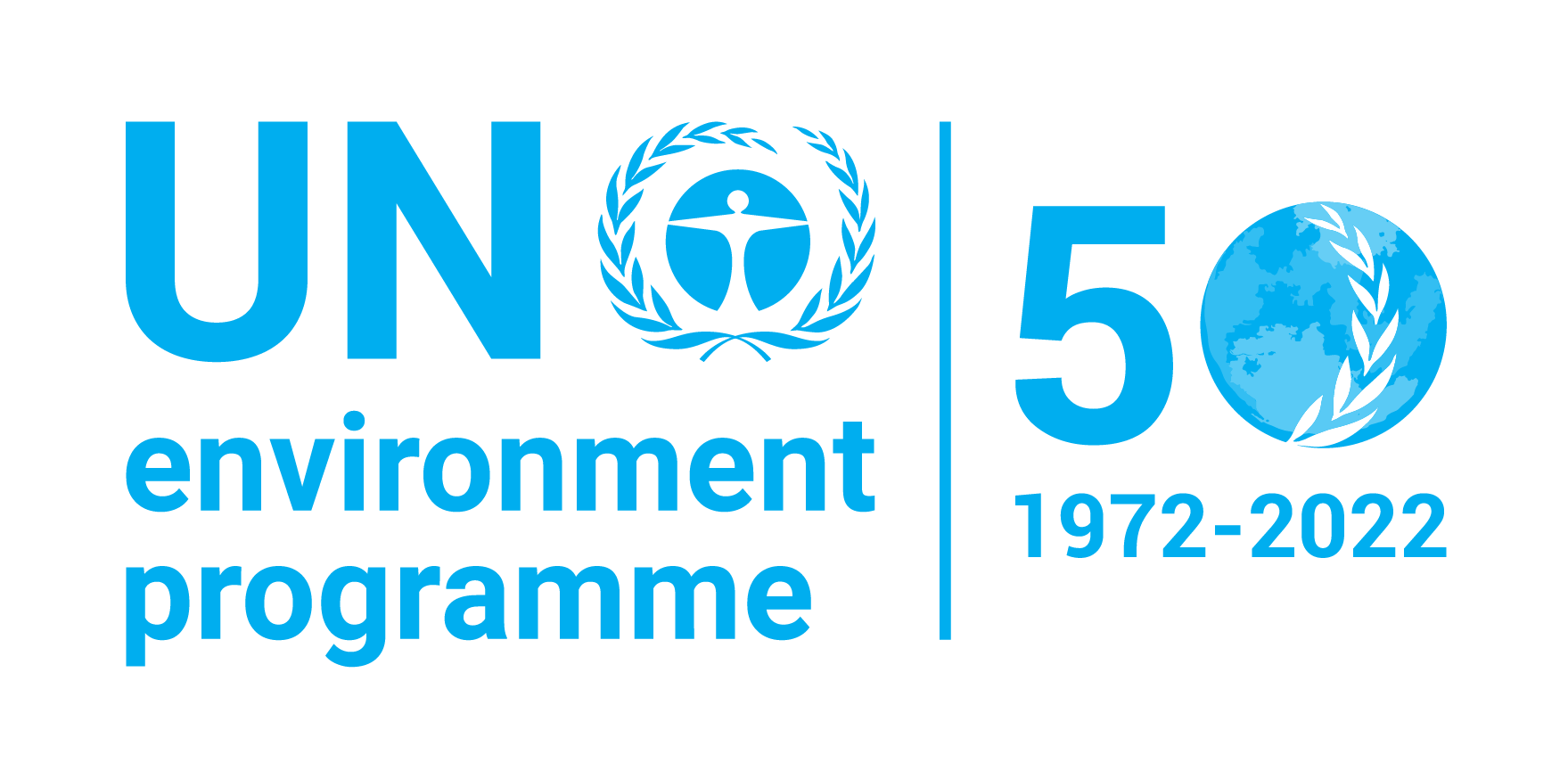| dc.contributor | Economy Division | en_US |
| dc.contributor.author | United Nations Environment Programme | en_US |
| dc.contributor.other | CEPT University | en_US |
| dc.contributor.other | German Federal Ministry for the Environment, Nature Conservation and Nuclear Safety | en_US |
| dc.coverage.spatial | India | en_US |
| dc.date.accessioned | 2020-02-06T09:01:34Z | |
| dc.date.available | 2020-02-06T09:01:34Z | |
| dc.date.issued | 2012 | |
| dc.identifier.uri | http://hdl.handle.net/20.500.11822/31450 | |
| dc.description | This study assesses the current status and the progress of the Bus Rapid Transit (BRT) systems in five Indian cities, including Ahmedabad, where detailed study has been undertaken. The main purpose of this study is to understand how these cities in particular, and urban India in general, is transiting to the relatively low-cost and low carbon transport such as the BRT. | en_US |
| dc.format | Text | en_US |
| dc.language | English | en_US |
| dc.rights | Public | en_US |
| dc.subject | INDIA | en_US |
| dc.subject | URBAN TRANSPORT | en_US |
| dc.subject | CARBON | en_US |
| dc.subject | CITIES | en_US |
| dc.subject | BUSES | en_US |
| dc.subject | SOCIAL COHESION | en_US |
| dc.title | Promoting Low Carbon Transport in India: Low-Carbon Mobility in India and the Challenges of Social Inclusion - Bus Rapid Transit (BRT) Case Studies in India: Policy Summary | en_US |
| dc.type | Policy and Strategy Documents | en_US |
| dc.type | Summaries | en_US |
| wd.identifier.sdg | SDG 7 - Affordable and Clean Energy | en_US |
| wd.identifier.sdg | SDG 10 - Reduced Inequalities | en_US |
| wd.identifier.sdg | SDG 11 - Sustainable Cities and Communities | en_US |
| wd.tags | Cities | en_US |
| wd.tags | Clean fuels | en_US |
| wd.tags | Energy Efficiency | en_US |
| wd.topics | Cities and lifestyles | en_US |
| wd.topics | Energy | en_US |
| wd.topics | Transport | en_US |
| wd.identifier.pagesnumber | 28 p. | en_US |


